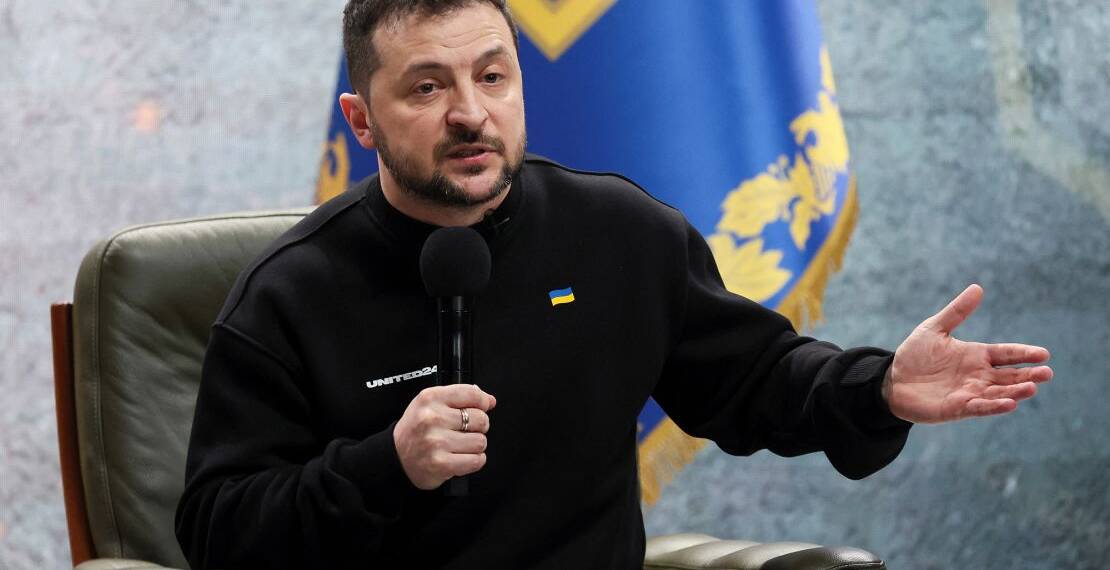Ukrainian President Volodymyr Zelensky has publicly criticized the Trump administration for redirecting 20,000 anti-drone missiles, initially promised to Ukraine, to U.S. forces in the Middle East. This move, authorized by Defense Secretary Pete Hegseth, has raised concerns about the shifting priorities of U.S. military aid during a critical phase of the Russo-Ukrainian War.
The Redirection of Military Aid
According to Zelensky, the missiles were intended to counter the Iranian-designed Shahed drones used by Russian forces in their attacks on Ukraine. The decision to divert these weapons was made on June 4, coinciding with Hegseth’s absence from a key Ukraine Defense Contact Group meeting—the first time a U.S. Defense Secretary has missed such a meeting since the invasion began in 2022. The redirection reflects a broader shift in U.S. defense priorities, with increased focus on potential threats in the Middle East and the western Pacific.
In an interview with ABC News, Zelensky expressed his disappointment, stating, “We counted on this project—20,000 missiles. Anti-Shahed missiles. It was not expensive, but it’s a special technology.” He emphasized the critical need for these weapons in Ukraine’s defense efforts and urged the U.S. to reaffirm its commitment to supporting Kyiv. Zelensky also criticized President Trump’s recent characterization of the war as a minor conflict, asserting that such remarks undermine the gravity of the situation.
Impact on Ukraine’s Defense
The diversion of these missiles comes at a time when Ukraine is facing intensified Russian drone and missile strikes. The absence of the promised anti-drone technology could significantly hinder Ukraine’s ability to defend its airspace and protect civilian infrastructure. While the U.S. has provided other forms of military aid, including air defense systems and artillery, the specific capabilities of the diverted missiles were tailored to counter the Shahed drones, making their loss particularly detrimental.
This development raises questions about the consistency and reliability of U.S. military support for Ukraine. The redirection of aid to other regions may signal a reorientation of U.S. defense strategy, potentially at the expense of commitments to European security. As the conflict in Ukraine continues, Europe and EU will also be closely monitoring the developments.
President Zelensky’s allegations highlight the challenges Ukraine faces in securing consistent and adequate support from its allies. The diversion of critical military aid will be a big impediment to Ukraine as Kiev is dependent on its allies to continue this clash with Russia. If this redirection turns out to be permanent then either Ukraine will have to find equivalent backing from Europe, or they will struggle to maintain their stand in this clash.








